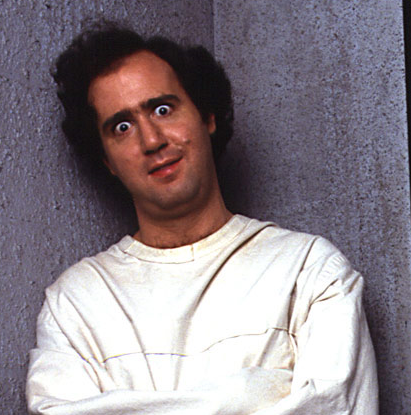Obama’s first 6 years have been characterized by government gridlock, budget deficits and, depending on your perspective, steady but slow economic recovery. Democrats, as the Party that still believes public policy should be tied to objective reality, need to get our collective head straight concerning what this experience tells us about deficit spending and economics. Most people, by now, are aware that there are Austrian, Keynesian and Monetarist schools of economic thought. In summary which is sure to keep me out of any institution that studies economics, Austrians favor almost no government intervention to smooth the business cycle, Keynesians advise running deficits during a recession and surpluses during a boom and monetarists (like Milton Friedman) focus on monetary policy, striving to preserve the supply of money in the economy by printing money during a recession (when the money supply naturally shrinks) and taking it out of circulation during a boom. For a much clearer summary, watch Tyler Cowen’s videos on the topic.
Now, from the Republicans I hear two assertions which are consistent with each other, although tenuously tethered to reality.
- Obama’s Presidency has been marked by runaway spending and debt and
- Recovery has been tepid
For Republicans, who don’t pay much attention to economics (“ivory tower eggheads”), this all makes lots of sense. Government spending hurts the economy by crowding out private investment (except for military spending, because how better to boost recovery than by blowing stuff up?). So, Obama’s tax-and-spend liberalism is responsible for our current “malaise.”
Liberals, on the other hand, try to challenge both points, contending that
- Obama is not a big spender and
- Recovery is robust
But, taken together, these are entirely inconsistent with our Keynesian perspective. To Keynesians like Greg Mankiw, Paul Krugman and ThisWeekInStupid, cutting spending during a recession is exactly the wrong idea. If Obama and his mixed Congress had been cutting spending, we would expect it to slow the recovery. So, to claim both of the above is playing right into Republican hands.
It’s also not reality. A clear-eyed assessment reveals that spending has been unprecedented. US national debt as a fraction of GDP reached levels not seen since World War II reaching 122% of GDP in 2012. We at ThisWeekInStupid are not deficit hawks, but this is a lot of money by any accounting. Often I see liberals pointing out that big spending had begun by the time Barack Obama took office. After all, the debt-busting 2009 budget was signed by George W. Bush, based on his recommendations in February 2008 and, since fiscal 2009 begins in October 2008, almost one-third of the budget was spent before Barack Obama was inaugurated. Some even use this fact to claim that Obama has been reigning in the runaway spending of the Bush administration. This is cynical and transparently false. The 2009 budget should only be used to demonstrate that bipartisan economists agree that a boost in government spending, even deficit spending, was the right prescription in 2008.
Barack Obama could have recommended less spending in the years following. To his credit, he did not. Democrats should embrace the fiscal policies of Barack Obama, including his deliberate deficit spending, and continue to emphasize that a slow, steady recovery is exactly the kind that tends to last. Obama is a Keynesian big spender, which is exactly why we can expect better times ahead.
